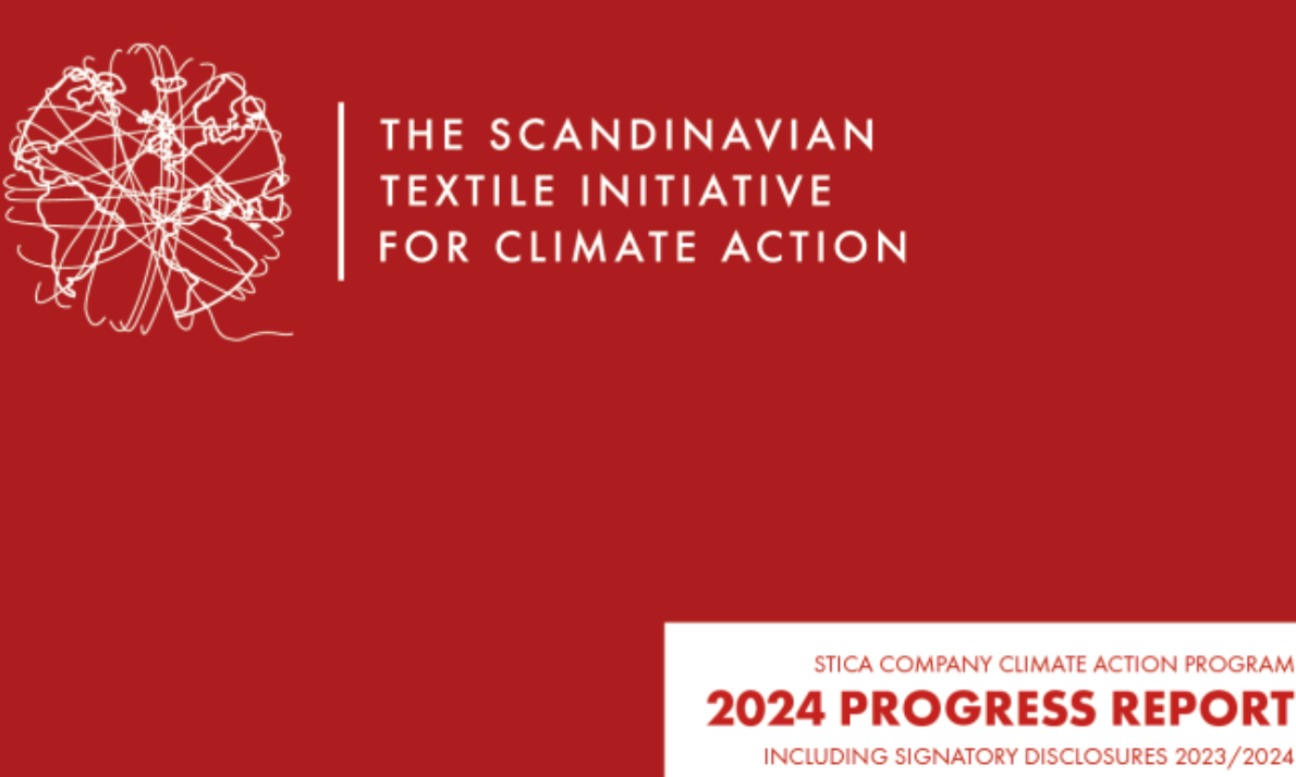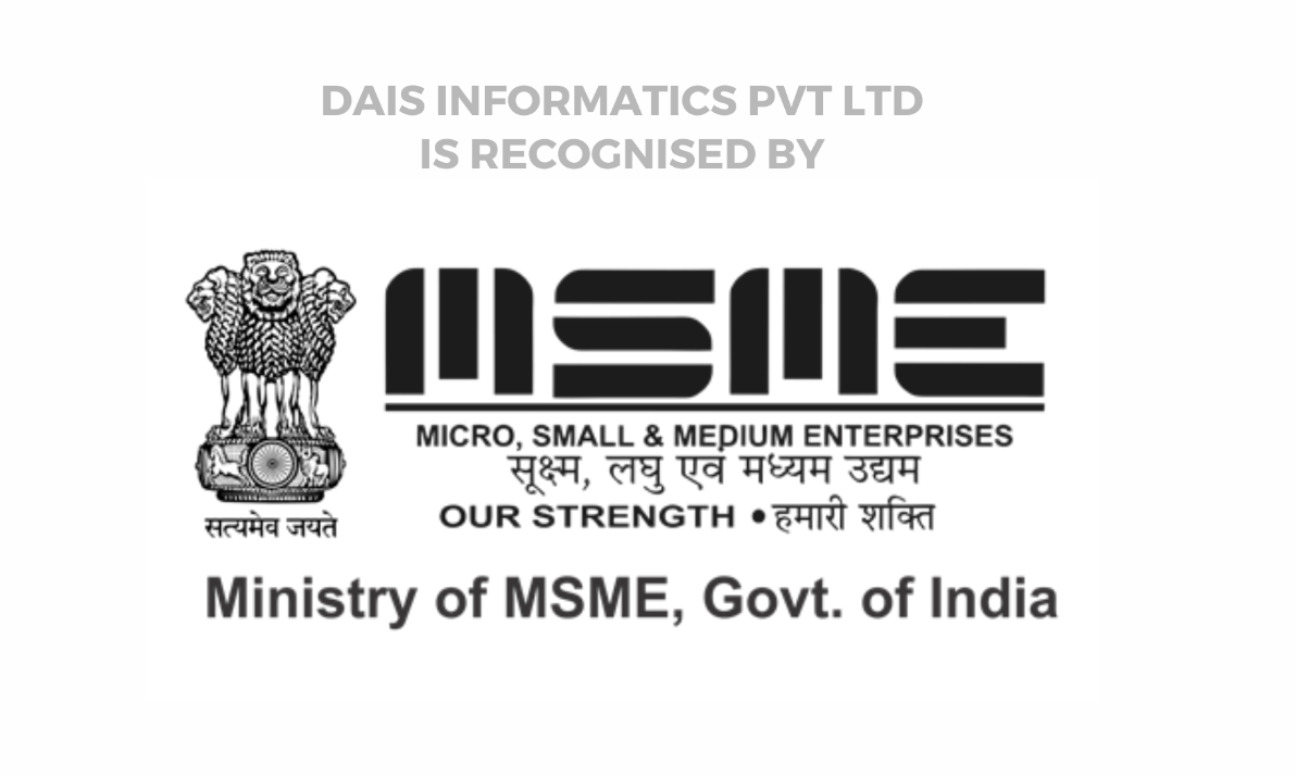Press Release > Progress for climate leaders in fashion too slow - Money talks

Progress for climate leaders in fashion too slow - Money talks

Dais World | 29/11/2024 09:14 PM
The STICA annual report on the Scandinavian fashion industry’s climate progress reveals that the pursuit of profit prevails. Despite leading the fashion industry’s climate transition, the actions of STICA’s 54 member companies are not enough. With only five years remaining until 2030, politicians must act swiftly to meet the goals of the Paris Agreement. To drive progress, both financial penalties and rewards are needed.
Today, the Scandinavian Textile Initiative for Climate Action (STICA) released its 2024 Progress Report, providing an update on the climate progress made by companies participating in STICA’s Company Climate Action Program. Members include e.g. H&M, Kappahl, Lindex, Acne, Peak Performance, Helly Hansen, TOTEME, Blåkläder, Casall, Craft, Norrøna, Volvo Merchandise, and Nudie Jeans.
Michael Schragger, Director of the Sustainable Fashion Academy (SFA) stated, STICA member companies continue to show climate leadership. However, even the most committed companies encounter significant obstacles. The most fundamental issue is the lack of sufficient financial incentives for climate action. Legislators need to establish adequate financial rewards and penalties to motivate companies to accelerate decarbonisation across the apparel value chain.”
The report presents individual company disclosures and aggregate data on the progress of member companies’ Climate Action Transition Plans, based on emissions data from their most recent financial year. It also provides an analysis and general conclusions drawn by the Sustainable Fashion Academy (SFA), an independent non-profit organisation that leads the STICA initiative.
Highlights STICA Progress Report 2024
The report contains many data points, and readers are recommended to review these in detail. Highlights include:
- 38 members report that their emissions have decreased. 12 members report their emissions have increased. Five members have not seen any change in emissions.
- 58% of the companies report that they are on track to meet their Scope 3 targets, even though only 43% of the companies report that they have a Climate Transition Plan to prove it. This is important since 98% of all emissions are in the value chain (Scope 3). One-third of the companies have produced a Climate Transition Plan for Scope 3 and have started to implement this. 15% have not started at all.
- Even though 62% of the companies report that they collect data directly from their suppliers, this data is often not verified. Lack of data or its low quality make it harder to identify cost-effective actions to reduce emissions among suppliers.
Based on the data in this report, the SFA concludes the following:
- This data has its strengths and weaknesses. To ensure more reliable and accurate reporting, supply chain traceability, transparency, and data quality need to be significantly improved.
- Many company signatories participating in STICA’s Climate Action Program have come a long way in a relatively short time. It can also take time for climate actions and investments to yield results.
- The progress of a significant number of STICA signatory members is still too slow. Companies have reported a number of challenges they are facing and suggested solutions, many of which require government action.
- Shareholder and owner demands for short-term financial growth and the lack of sufficient financial incentives make absolute GHG emissions reductions challenging.
- Smarter legislation is needed to ensure there are sufficient financial penalties for not reducing emissions and commensurate rewards for reducing emissions and transforming business models.
- It is essential that stakeholders explore additional and/or different success indicators for the industry based on concepts such as well-being and sufficiency.
The Scandinavian Textile Initiative for Climate Action (STICA) is an accountability and leadership initiative, supporting apparel and textile companies, as well as the entire apparel and textile industry, to reduce its climate impacts in line with the 1.5°C warming pathway. STICA was founded in 2019 and its Company Climate Action Program includes 54 signatories. STICA is led by the Sustainable Fashion Academy (SFA), an independent non-profit organisation.
Press release by PressMachine
Reach out to us at PR Desk
Read more on our Partner sites: Growth Reports Business | The Progress Catalyst
Get rewarded for your reading habits on the Dais World app!
Suggested News
Kiwitech invests $250,000 in AI-powered fashion platform BeautifulAi.ai
25/12/2024 07:25 PM
'Leave Nothing' behind: Lifestyle announces its sale of the season
24/12/2024 07:17 PM
Rise of ‘Big Fat Indian Wedding’, 21% increase in search queries: Justdial
24/12/2024 02:47 PM







